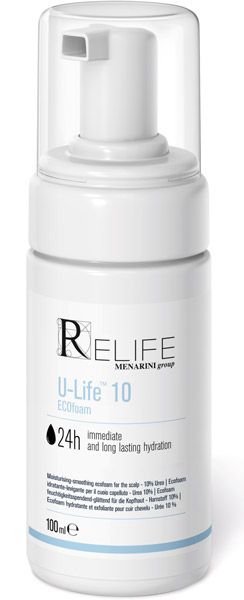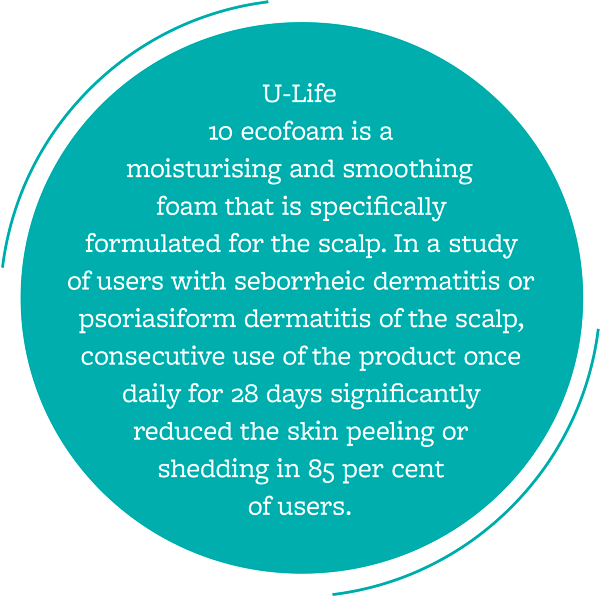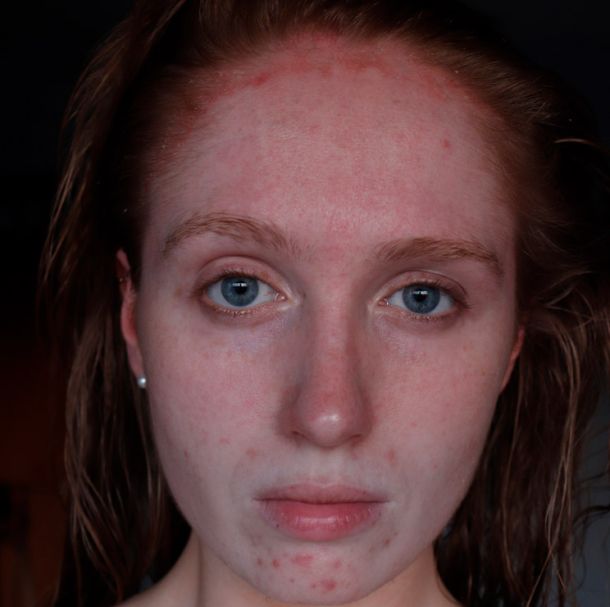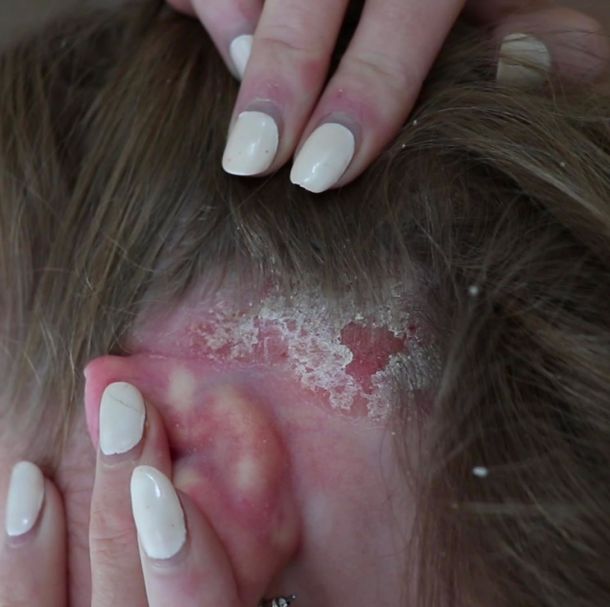Itching To Tell You


I was 18 when I was officially diagnosed with psoriasis. It started out as a small patch on my scalp but spread like wildfire across my entire scalp, down the back of my neck and behind my ears. I hid it for as long as I could but eventually told my parents and my mother made me an appointment to see a dermatologist.
I think one of the main reasons why I struggled to accept my diagnosis was because I didn’t understand it.
I had never seen or heard of psoriasis or knew anyone who had it. It was as if these white, thick plaques had appeared overnight, and I couldn’t understand how something that developed so rapidly could be so hard to get rid of.
It turns out, I actually had it for years before then, in a different form which was misdiagnosed as other skin-related conditions. When I was just a few months old, my parents were told that the red shiny patches that resembled raw meat on my thighs and bum were eczema, that the oozing cracks in between my toes when I was seven were Athletes Foot and that the itchy, flaking spots under my arms when I was 12 were merely a shaving irritation.
As with any visual condition, I was very self-conscious and embarrassed about it, especially during my college years. I got very good at hiding the obvious signs of my condition through clothing, hairstyle, accessories, tanning and makeup choices. New relationships were always something I found difficult. Inevitably they would see my scales and if things didn’t work out, I couldn’t help but question if it was because of my psoriasis, because the markings on my skin didn’t fit in with the unattainable beauty standard set by today’s society, or perhaps because being with someone with a chronic condition was too much of an effort. Those were the thoughts that would go through my head and thinking like that had a toll on my mental health. At my lowest point, I viewed being diagnosed with psoriasis like being served a life sentence. I felt like all my efforts were in vain, that I was powerless and nothing I did made a difference. It was like I wasn’t the one in control.
Thankfully I have discovered products, like the U-Life range, that have allowed me to take back some of that power and control. Finding the psoriasis community online has played a major role in changing my opinion of my condition, how I feel about it and how I live with it. I am less self-conscious and more embracing of the markings on my skin. I once dreaded the thought of someone seeing and asking me about them, now I wear clothes that expose them and welcome questions. The way I see it, someone asking me a question gives me the opportunity to spread information about psoriasis, one of the main aims of my platform, ‘Itching To Tell You.’
At the moment, my psoriasis is mainly contained to my scalp, face and ears with rogue patches across my body. At first, I used prescribed ointments to treat my psoriasis but they weren't giving me the results I wanted; clearing my skin. I didn’t feel heard or understood by the medical professionals I was attending. So as part of my master’s thesis, I filmed a documentary series where I embarked on a journey across the country, testing out alternative treatment routes. It was through interviewing different treatment providers that I developed a greater understanding of my condition and learned how to treat it more effectively. Now, I like to take a blended approach when it comes to treating my psoriasis, taking information from different schools of thought. For me, discovering how to use emollients effectively has been a game changer and is essential in keeping my scales at a level I’m happy to live with. But I’ve learned it’s not enough to just treat the surface of the skin, that’s why most treatments have short-term effects, you also have to consider internal factors like diet. Maintaining a balanced diet, rich in foods my psoriasis reacts well to and avoiding dishes it doesn’t favour, has made a massive difference. A mistake I used to make was just throwing any treatment I could get my hands on at it and willing it to go away, ignoring how it responded. I’ve realised that listening to how my psoriasis reacts to certain things, identifying what it likes and dislikes, its triggers, questioning why something did or didn't work is such an important part of the treatment process.
Finding RELIFE
I started using the RELIFE range for my dry skin about two months ago and am so happy with how my skin looks and feels. My skin has always been quite dry, even where I don’t have psoriasis, but I’ve found the U-Life products, especially U-Life 30 (ultra-regenerating hand cream) and 40 (U-Life 40 moisturising smoothing foot cream) to be very hydrating. Applying U-Life 5 moisturising smoothing face cream to my face and U-Life 10 ecofoam on my hairline daily has reduced the flakes and redness.
I also suffer from a touch of 'backne' and find the lipid-replenishing cleanser from the Relizema range leaves my skin feeling hydrated and cleansed.

As seen on screen
Psoriasis isn’t seen or heard of enough in mainstream media. Growing up, I didn’t see myself reflected in the media. The actresses on the TV screens and models on the magazine covers didn’t have plaques of psoriasis dotted across their bodies. Opening a magazine and seeing a person bearing the marks of a psoriasis warrior, not as a feature photo sent in by a reader but as the model is an incredible step forward in the body positivity movement. It means that the world is changing, and society is becoming more accepting of our condition. Sending the message that it is perfectly normal to look the way we do, that we shouldn’t feel the need to hide the marks that make us unique.
In 2019, whilst filming a documentary series on psoriasis, I realised the extent of the stigma around the condition in Ireland, as well as the lack of information and resources available to people living with it and felt compelled to do something to change that. That’s why in May 2021, I founded the Itching To Tell You platform. I wanted to share with others the knowledge and tips I had discovered, the products, treatment options and support services available in this country. To let fellow sufferers know they are not alone in this battle, that someone else understands, something I would have loved when I was first diagnosed.


